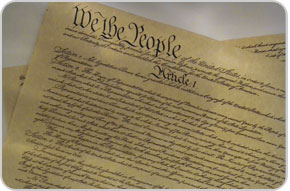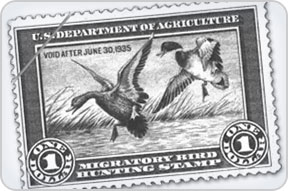
Theme 1: Your Role as a TaxpayerLesson 2: How Taxes Evolve

Taxes have been a part of American history since our earliest days. In fact, taxes are one of the reasons the colonists fought for independence from Great Britain in the first place. When our Constitution was being written, the authors knew that our young country would need taxes for items such as roads and defense. They put provisions in the Constitution that spelled out exactly how the formal tax legislation process would work. A proposed tax law, called a bill, follows specific steps through both houses of Congress.
The informal tax legislation process is the way you as a citizen can affect legislation by making your views known to legislators. You can take part in the informal tax legislation process by joining lobbying groups, attending town meetings, circulating and signing petitions, and voting for candidates sympathetic to your views. You can also write, call, or e-mail members of Congress. |
materials:Activities
Activity 1: Powers of Congress Review the U.S. Constitution and discover the powers granted to Congress. Activity 2: Formal Tax Legislation Process Chart the tax legislation process. Activity 3: Activity 3: Contact Congress Take a virtual field trip to the U.S. Congress. Assessment
Complete the assessment page to test your understanding of How Taxes Evolve Links
To learn more about the evolution of taxes in U.S. history go to Theme 2, Lesson 2 to learn about the Whiskey Rebellion and the Protective Tariff Issue. |
| quick check |
|
How does the formal tax legislation process differ from the informal tax legislation process?
|
| tax trivia |
Did You Know?
 The Duck Stamp Act is a direct tax that applies to people over the age of 16 who want to hunt waterfowl. It came about because a group of sportsmen and conservationists lobbied for a program to protect migratory waterfowl and wetlands-the informal tax legislation process at work!
The Duck Stamp Act is a direct tax that applies to people over the age of 16 who want to hunt waterfowl. It came about because a group of sportsmen and conservationists lobbied for a program to protect migratory waterfowl and wetlands-the informal tax legislation process at work! Test your tax trivia knowledge by answering the following multiple-choice question. To assess your answer, click the Check My Answers button at the bottom of the page. |
